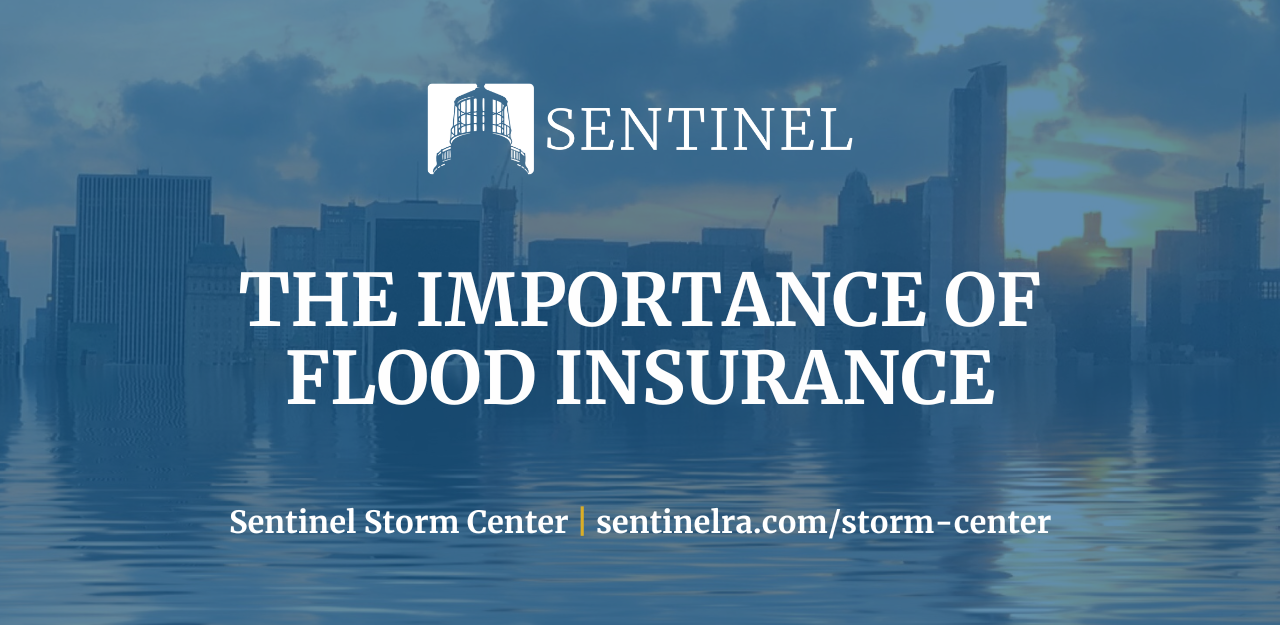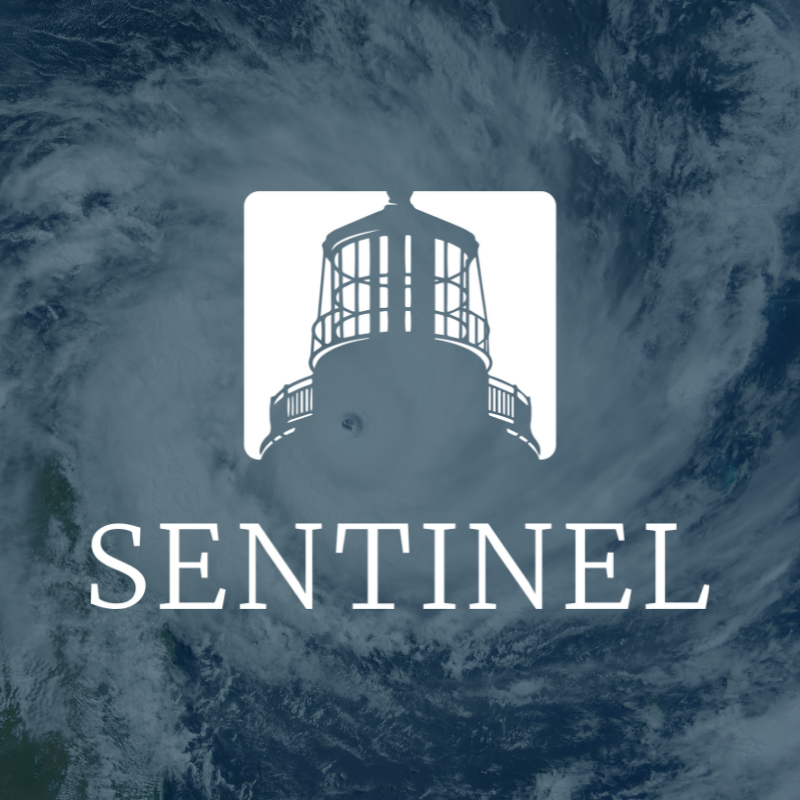As storm season approaches, this is an excellent time to talk about the dreaded F word… FLOOD. The National Flood Insurance Program defines flood as “A general and temporary condition of partial or complete inundation of two or more acres of normally dry land areas or of two or more properties (at least one of which is your property) from:
- Overflow of inland or tidal waters
- Unusual and rapid accumulation or runoff of surface waters from any source
- Mudflow or
- Collapse or subsidence of land along the shore of a lake or similar body of water as a result of erosion or undermining caused by waves or currents of water exceeding anticipated cyclical levels that result in a flood as defined above.”
How To Obtain Flood Coverage
In the simplest of terms, flooding is defined as an excess of water on land that is normally dry. Flood is not a standard peril of coverage under commercial property, homeowners, or dwelling fire coverage. Many times, flood coverage must be purchased separately through standalone specialty carriers. There are really two ways to purchase standalone flood coverage:
National Flood Insurance Program (NFIP)
The NFIP is managed by the Federal Emergency Management Administration (FEMA) and has three main objectives: provide flood insurance, improve floodplain management, and develop maps of flood hazard zones. The NFIP dwelling form offers coverage for a Building Property, up to $250,000, and Personal Property (Contents), up to $100,000. For commercial risks, the NFIP form offers coverage for a Building Property up to $500,000 and Personal Property (Contents) up to $500,000. Your mortgage company can require that you purchase a certain amount of flood insurance coverage that may or may not exceed the available coverage in the NFIP.
Private Flood Insurers
Several insurers have entered the marketplace solely to provide flood coverage outside of the NFIP plan. Private insurers can offer higher limits of insurance, many times at lower overall rate structures than the NFIP. These policies can be broader in scope than the FEMA/NFIP policies however sometimes they request higher deductible options or amend their rating structure or appetite at renewals. Further, carrier like Lloyds of London who are considered “Excess and Surplus” carriers are not covered by the state guarantee fund in the event of insolvency.
Knowing Your Flood Zone
You may have said “I don’t need to purchase flood coverage as I am not in a flood zone.” That statement is wholly inaccurate. Every property is in a flood zone. Flood zones range from low hazard (X) to high hazard (including all A or V zones). The amount charged for flood coverage varies greatly, depending on the assigned flood zone and coverage limit chosen. On average, flood in North Carolina costs less than $1,000, but can be much higher in annual premium when located in high-risk flooding areas.
If your home or business is located in a zone beginning with A or V, it is common that the mortgage company will require flood coverage to finalize the loan. Properties in these zones have a 1% or greater chance of flooding annually. However, about a fourth of all floods occur in low risk/Zone X areas. Just a few inches of rising flood water can easily result in tens of thousands of dollars in damage. Without flood coverage, you may be out of pocket for a resultant loss. To determine what zone your home or business may be located in North Carolina, click here to view the North Carolina Flood Risk Information System (FRIS) online mapping tool.
Safeguarding Your Success
It is important to know that flood doesn’t coverage everything, even if resulting from a flood. For instance, items such as belongings in a basement, trees, shrubs and plants, pools and hot tubs, decks and fences, precious metals and cash or stock certificates are not covered under an NFIP flood policy. It also does not cover the cost for you to live elsewhere temporarily if your home is damaged by a flood. Further, it doesn’t cover a loss of income if a flood interrupts your business operations.
Policies issued through the NFIP include a standard 30-day waiting period, unless required for a mortgage closing. Private insurers can also evoke a waiting period, often times 10 days or so. If you are considering looking further into flood coverage, there is no time like the present. To learn more about your risk for flood and options to protect your home or business, reach out to us today.


